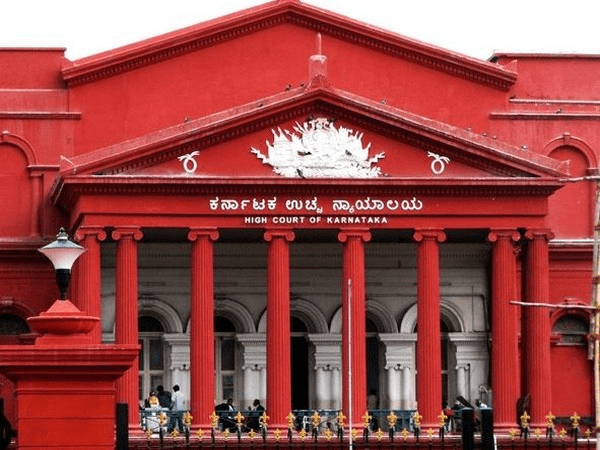The High Court of Karnataka has dismissed a petition filed by the Principal and other officials of a school in Kodagu district, who were accused of allegedly abetting the suicide of a student.
As per the complaint filed by the family of the 15-year-old, the ‘mischievous’ student was suspended for allegedly carrying alcohol to school. Parents of the student sought permission for him to appear for examinations online from his home, which was accepted by the school.
However, the student kept waiting for the exam link but did not receive the same. After the exam and answer sheet collection time got over, he committed suicide, added the complaint.
The Single-Judge Bench of Justice M. Nagaprasanna noted that the boy was in communication with the school even up to 15 minutes before his death, which proved proximity with the commission of suicide.
It said prima facie, the ingredients of Section 107 of the IPC were met, which would become an offence under Section 305 of the Indian Penal Code (IPC). Whether it was instigation, goading or otherwise, were all a matter of trial, it added.
The High Court further took in view the fact that the Magistrate Court had taken cognisance of offences under Sections 305, 499 r/w 34 of IPC.
Justice Nagaprasanna advised the schools pondering over harsh discipline to consider a paradigm shift, so as to save the lives of young souls, who did not have the capacity to think of the consequences of any action, sometimes leading to devastating steps.
Pointing out that harsh discipline had been closely linked to internalising mental problems of a child and lowering the child’s cognitive functioning and school performance, the High Court suggested the educational Institutions to recognise this malady of over discipline and remedy the wrong in a different manner, so as to save the young souls from ending their lives.
It further recommended the institutions to change the traditional principles, noting that the phrase ‘spare the rod and spoil the child’ has now metamorphosed into ‘spare the rod and teach the child’.
The petitioners contended that the deceased student was a mischievous child and, therefore, had to be counselled. They contended that the child was suspended in the normal course of inculcating discipline and no fault should be found with them as they neither instigated nor goaded for the act of the boy.
Perusing the written apology tendered by the student, the High Court noted that it did not inspire confidence as the way it was written would indicate that it was written on the dictation of someone else.
The Bench further noted that the parents were later summoned to the school and counselled over the matter.
The High Court also raised fingers at the counsellors report generated three days after the boy’s death, noting that the school was using the death of the student to draw up a report, which showed him in a poor light, thus shifting the blame on the boy.
It added that there could not be any better generation of uncouth attitude on part of the educational institution.
The High Court then upheld the Magistrate Court order rejecting the B report filed by the police.
It said every submission made by the senior counsel on the strength of documents appended to the criminal petition were either generated after the death of the boy or were farther from truth.
As per Justice Nagaprasanna, the falsity noted was not in thin air, but on the strength of documents. It noted that the case had both instigation and provocation, albeit, prima facie.
Senior Advocate P.P. Hegde along with Advocate Venkatesh Somareddi appeared for the petitioners. HCGP Mahesh Shetty represented R1, while Advocate C Prashanth Chinnappa appeared for R2.
(Case Title: Mrs Gauramma & Others And State of Karnataka & Anr)


